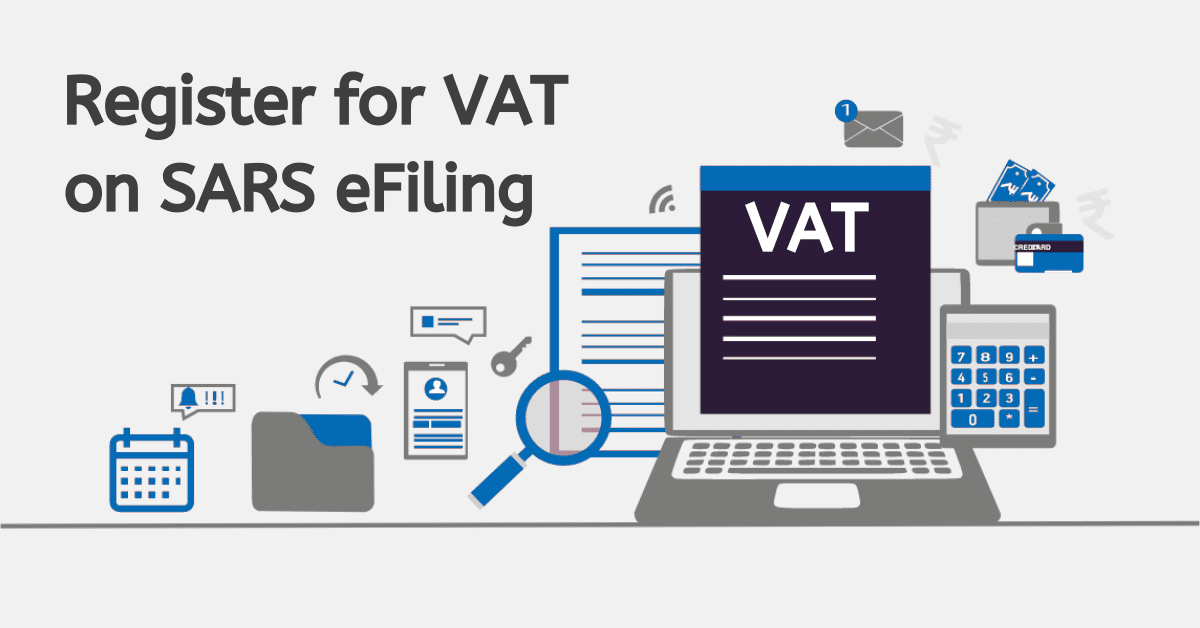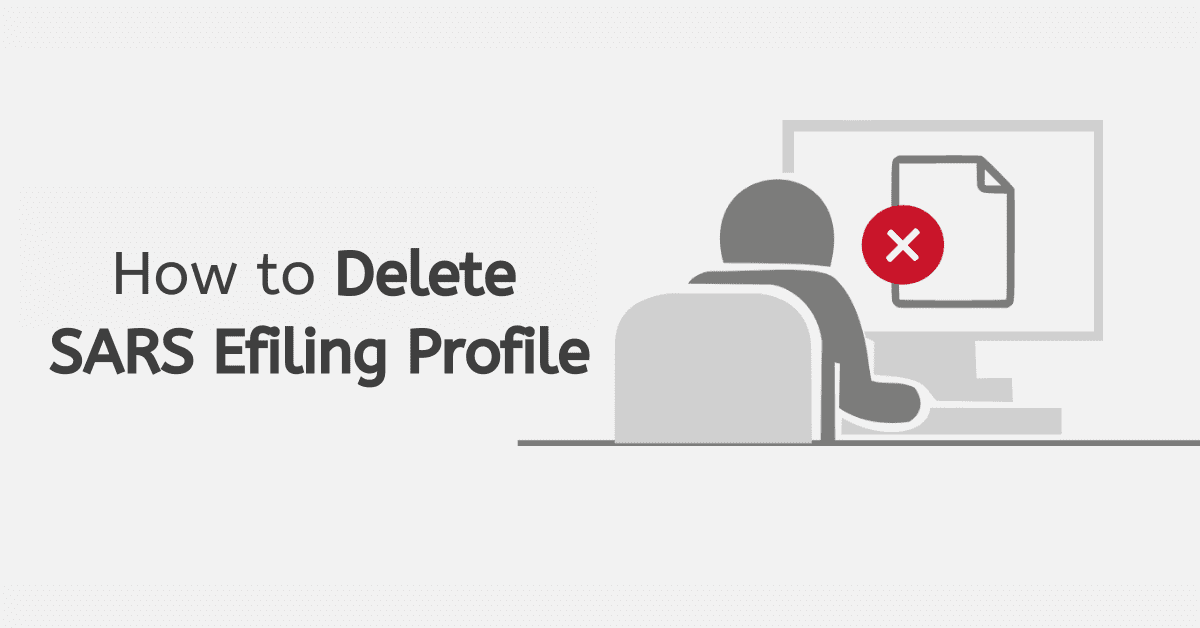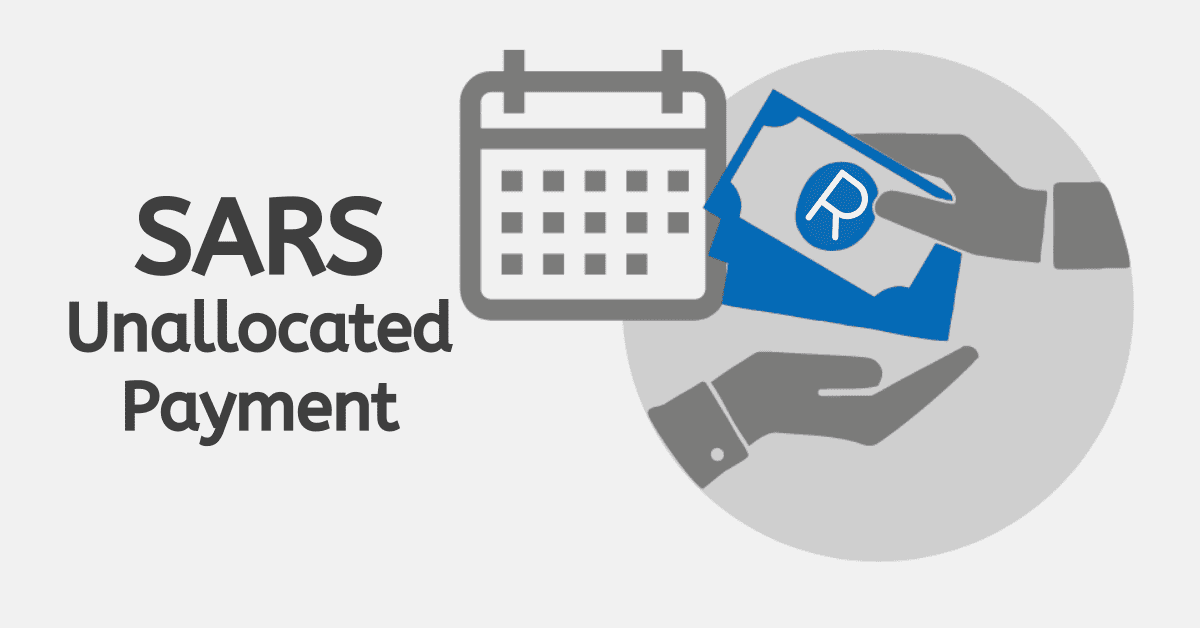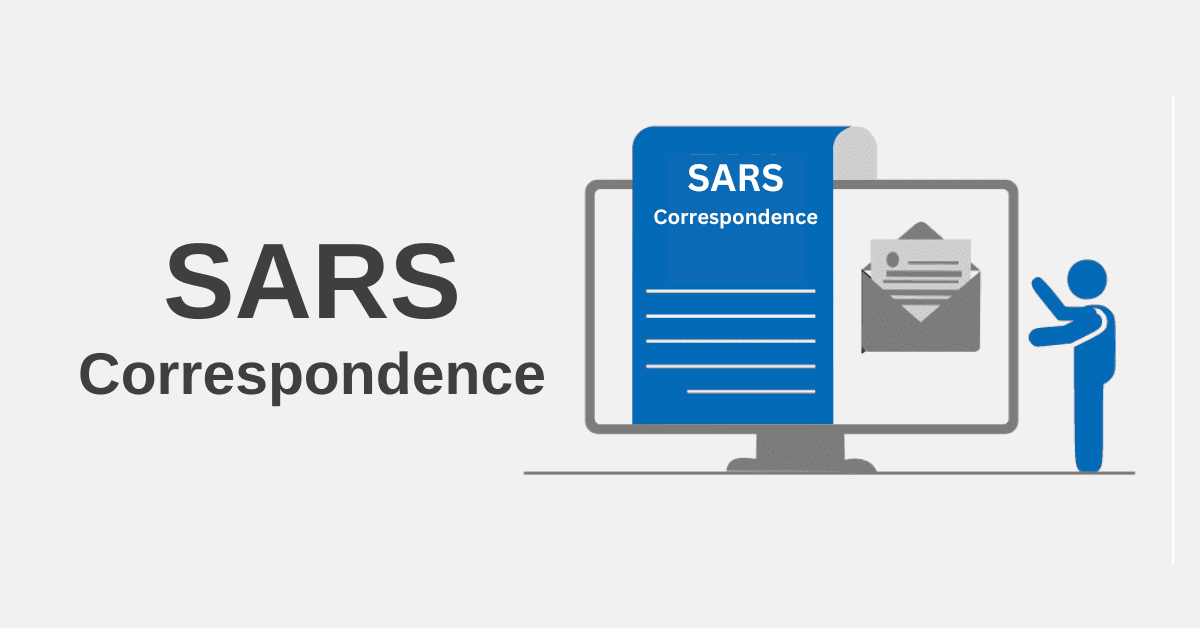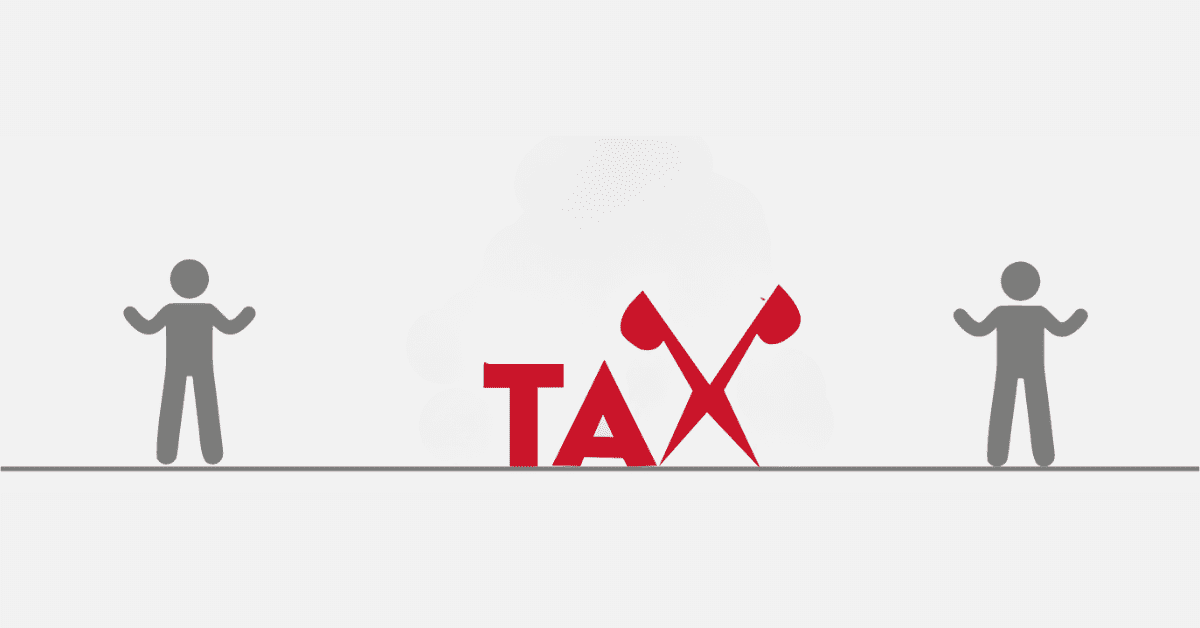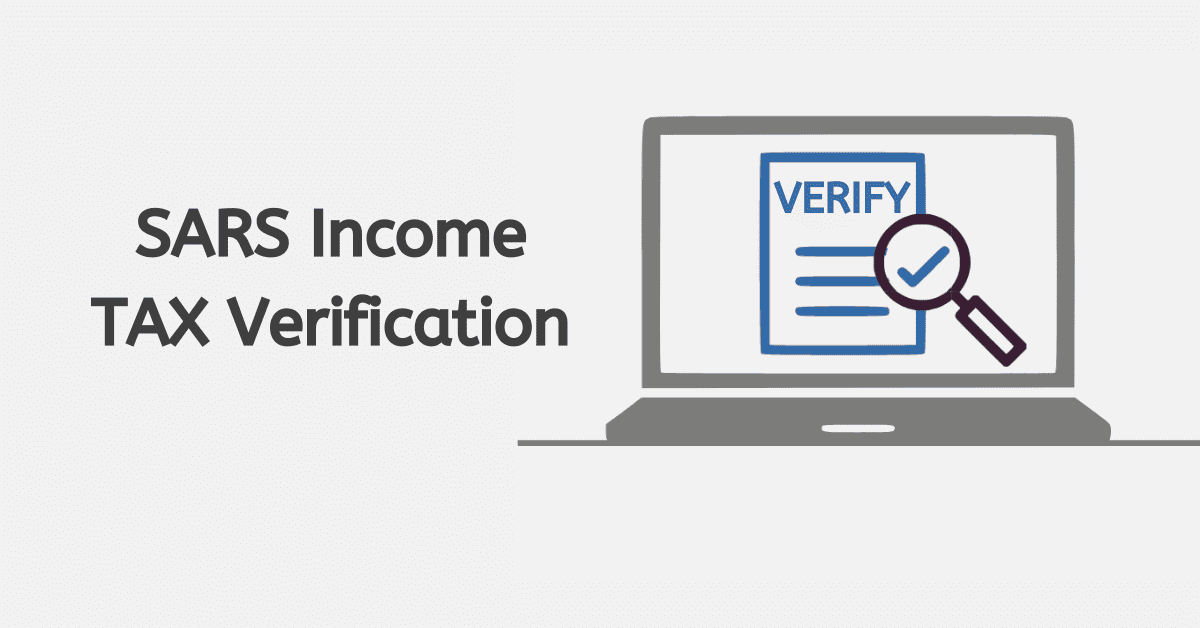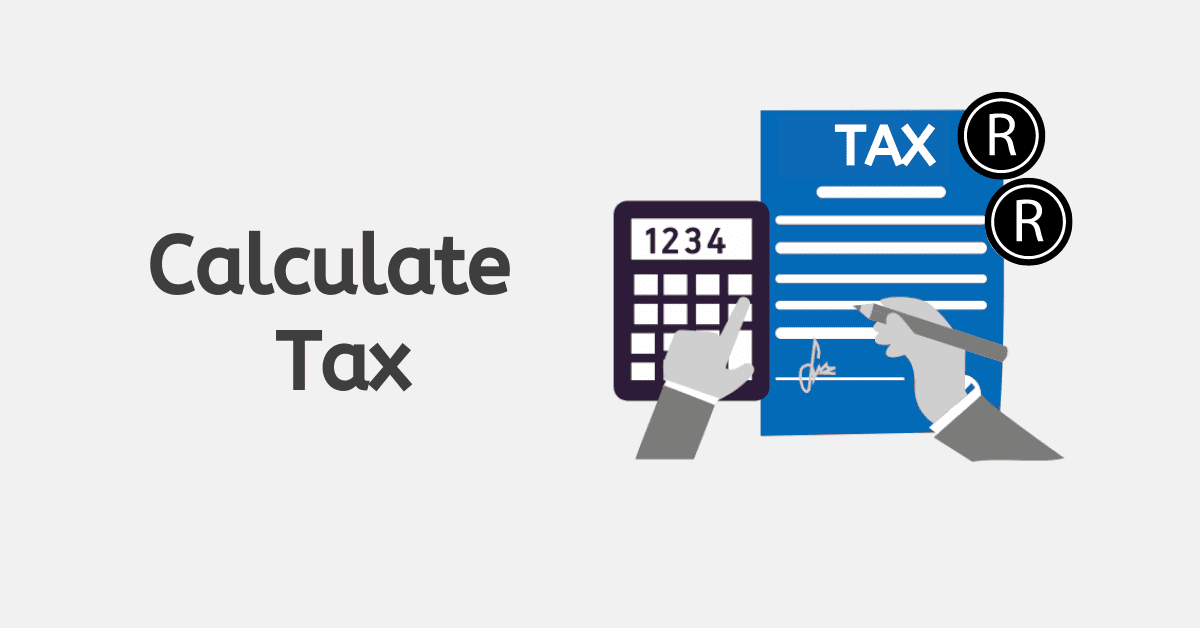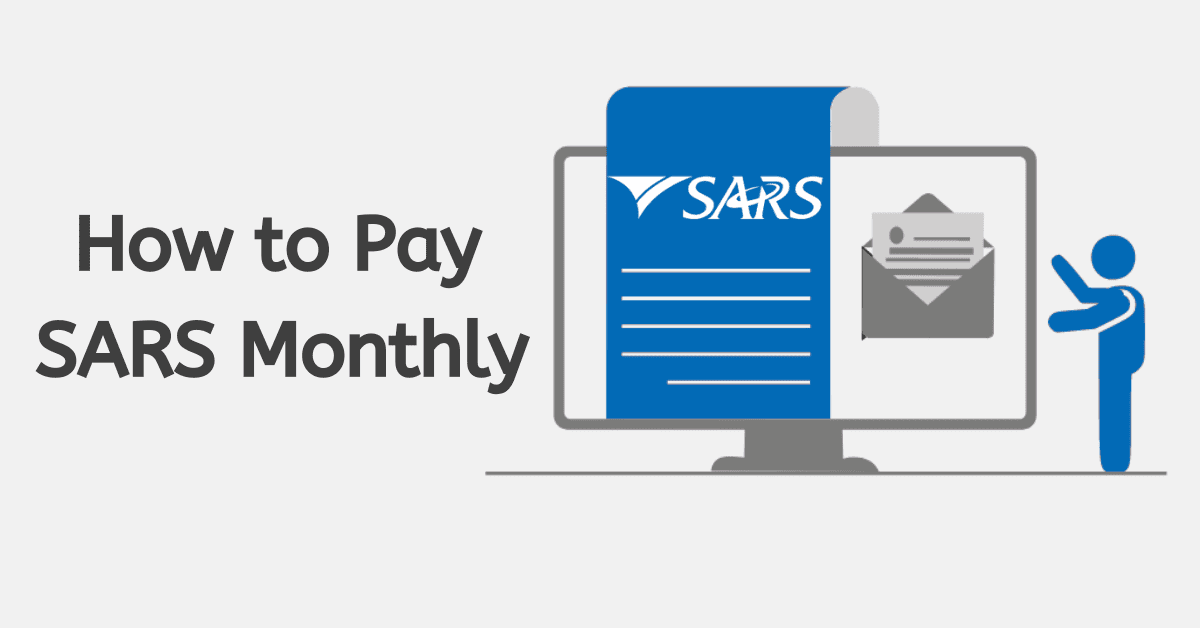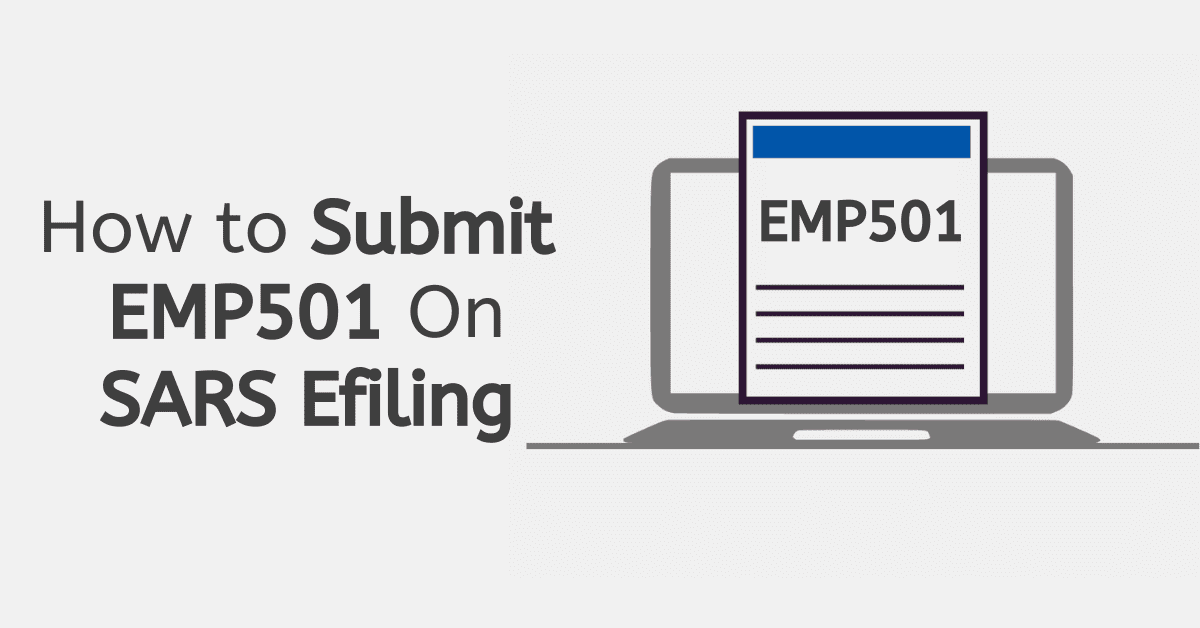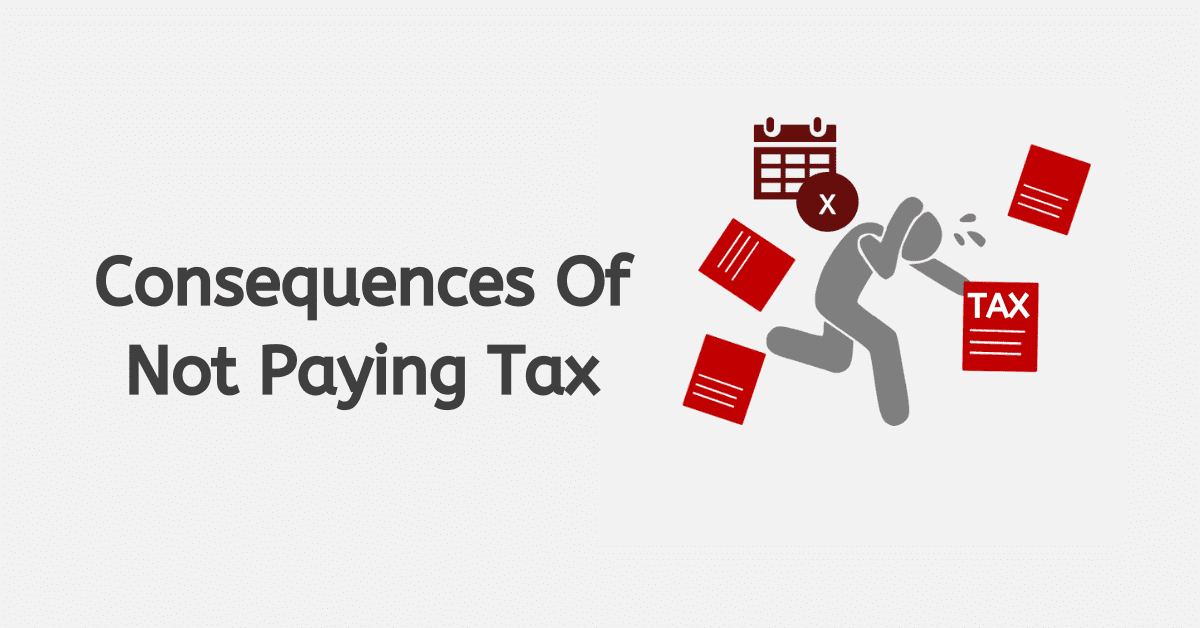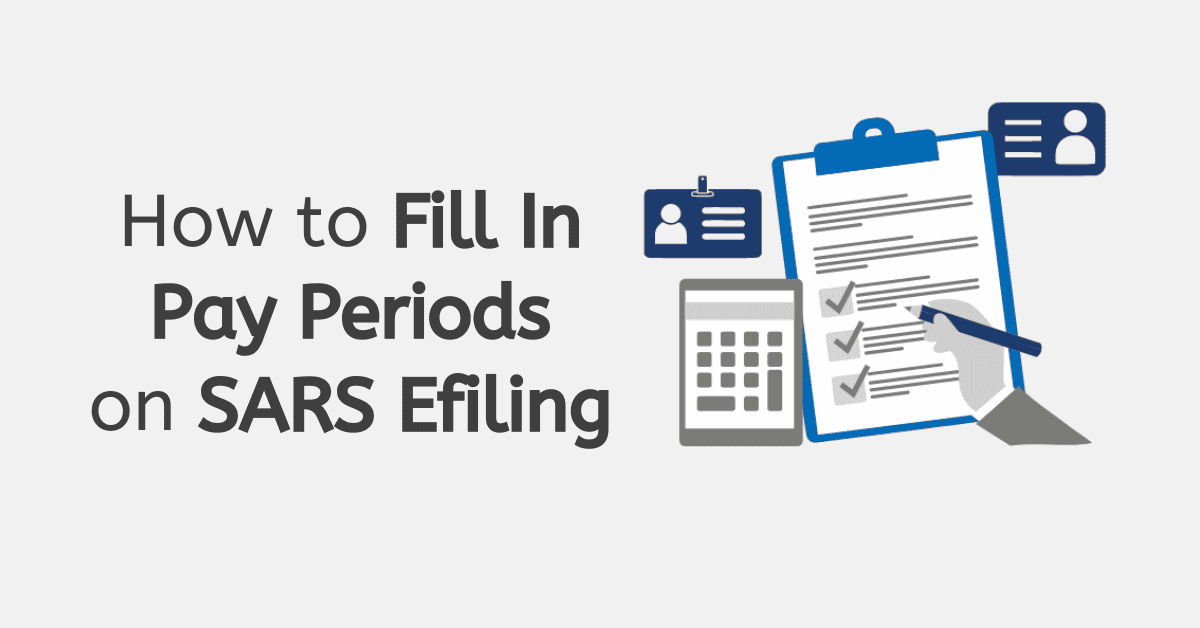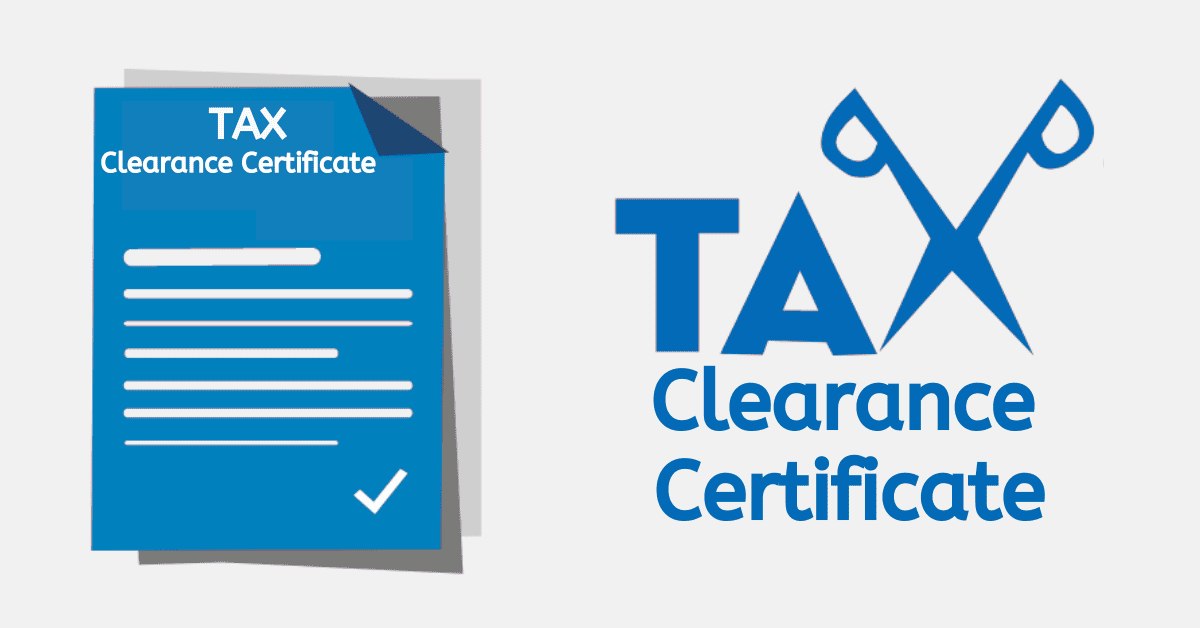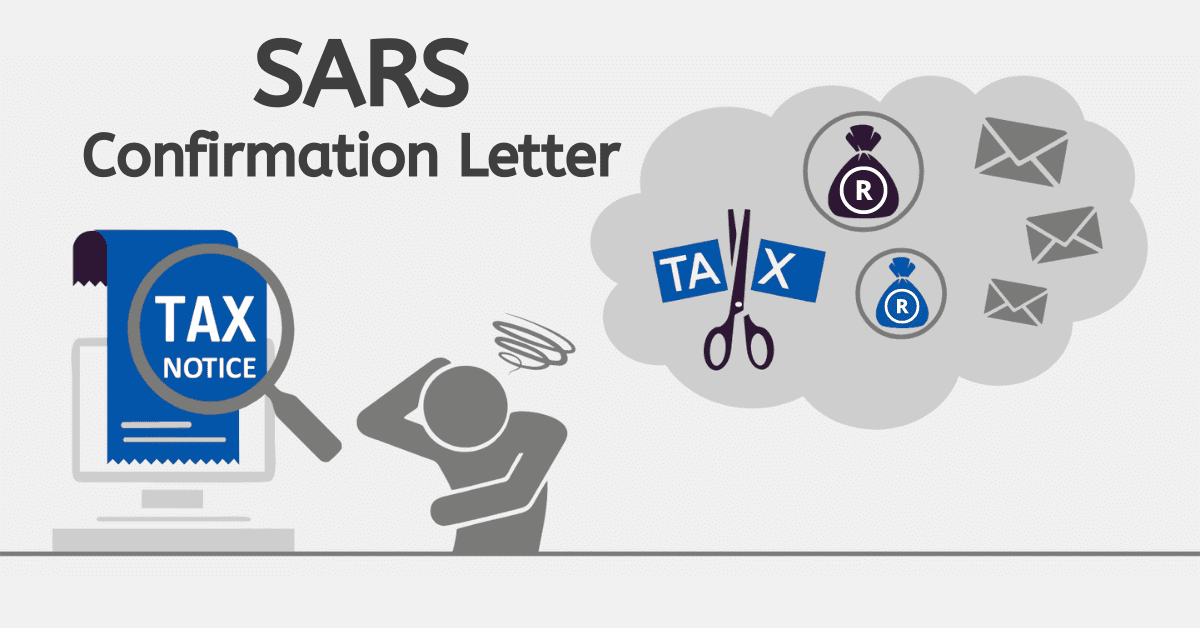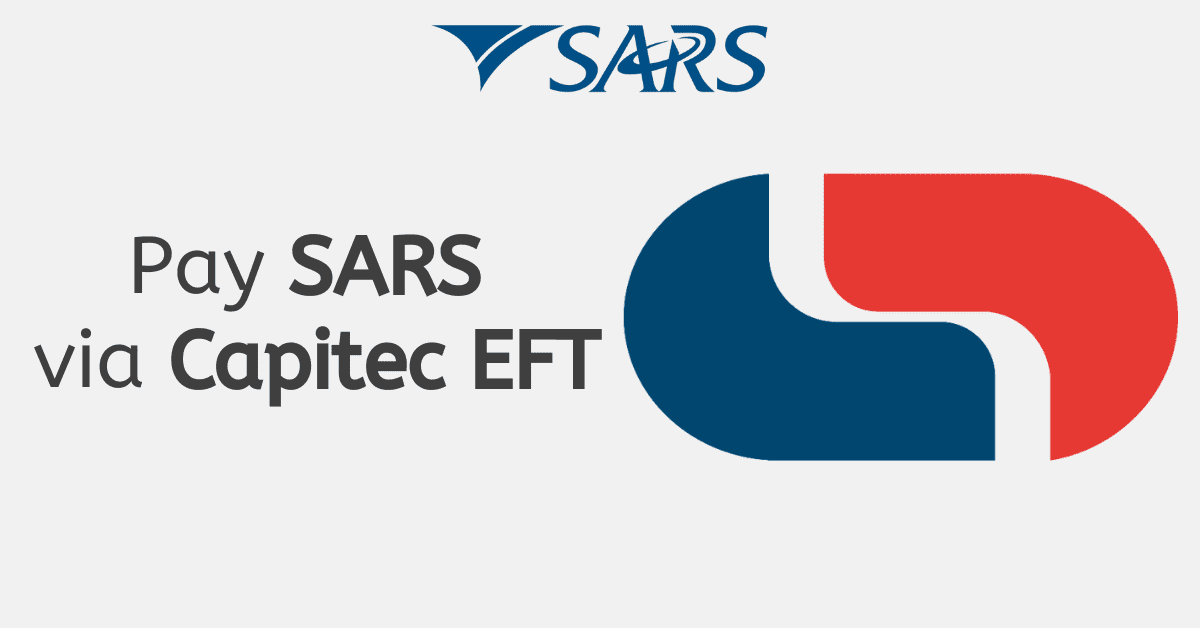The last thing anyone wants is to find themselves in hot water with the ‘tax man’. In South Africa, SARS- the South African Revenue Service- governs all forms of tax transactions in the Republic. Workers who meet certain criteria are expected to submit a tax return annually, and compliance is essential to keep your clear tax status. Here’s what to know about submitting your South African tax return to SARS
When Can I Submit my SARS Tax Return?
Personal income tax season for SARS runs from July to November each year. This means you can submit a return between 1st July and October 25th-31st (year dependent) for most taxpayers. Provisional taxpayers do have slightly longer- their tax season runs from 1st July annually to the 25th-31st of January the next year.
How do I Submit my SARS Tax Return Online?
It is very easy to submit your SARS tax return online via their eFiling portal. You can register on the eFiling portal with any username and password you choose. As part of the process, you will be asked to input your tax number, which you will find on your IRP5 or other relevant communication from SARS. If you do not have a tax number, one will be created for you- but PAYE earners should be aware that their employer may have already applied for a tax number for them once they began paying PAYE over for you.
Once you log in to your eFiling account, you can request your IT12, which is the form for income tax, and submit it online. There are other tax types you can also submit on SARS, but if you work for a single employer as a salaried employee, you likely do not need to consider these.
What Happens if You Don’t Submit a Tax Return in South Africa?
It is a criminal offence to not pay your taxes in South Africa. However, they do work hard to help taxpayers become compliant and will usually only talk about criminal prosecution in cases where you have deliberately evaded tax, not made a simple mistake. Additionally, as many workers have PAYE deducted from their salaries, you may have paid your tax liability in full. In these cases, submitting an income tax return works in your favour, as you can claim back deductions for things like medical aid payments and pension payments and possibly have some of your already-deducted tax payment returned to you.
Additionally, not every person in South Africa has to file a tax return. You do not need to submit a return if you work for a single employee and earn under the tax threshold. Administrative penalties, starting at R250, are applied to tax returns you fail to file, and they will continue to attract punitive interest until you are brought back into compliance.
How Late Can I Submit My Taxes in 2026?
Unless you are a provisional taxpayer, you must submit your tax return before 25th October 2026, so the deadline has already passed. Provisional taxpayers have until 24th January 2026 to file their returns. Tax season runs on roughly the same dates every year, so the 2026 tax season will open on the 01st July 2026 and run until the end of October 2026 for most taxpayers.
Is it Too Late to File a 2026 Tax Return?
The tax season for standard employees closed on 25th October 2026, so it is too late to file a tax return without penalty fees. However, you will still be required to bring your tax status into compliance if you are a South African taxpayer, so submitting your return- even late- will help reduce the administrative penalties you face. Provisional taxpayers still have until 24th January 2026 to file their returns.
What is the Last Month you Can File Taxes in 2026?
To reiterate, most taxpayers must file their tax return by the end of October of the relevant year. Provisional taxpayers have an extended deadline until January of the following year. Remember that tax season does not open until July of the year after the income is earned (so the July-October 2026 period handled tax returns for income earned in the 2026-26 period, for example). The only time you can file a tax return out of this period is the final tax return for a deceased estate.
What Documents are Needed for SARS Tax Returns?
Once you have registered for tax, you will not need to provide any supporting documents with your annual tax return filed through eFiling. However, you must have proof of deductions you are claiming on hand, as you will need to prove these to SARS if you are selected for audit. You will need your ID, proof of residence, and proof of bank account to register as a taxpayer for the first time. Business clients, of course, will need different documents.
Make sure you add submitting your annual tax return to your list of annual financial tasks, as it is an important part of remaining tax compliant with SARS.
